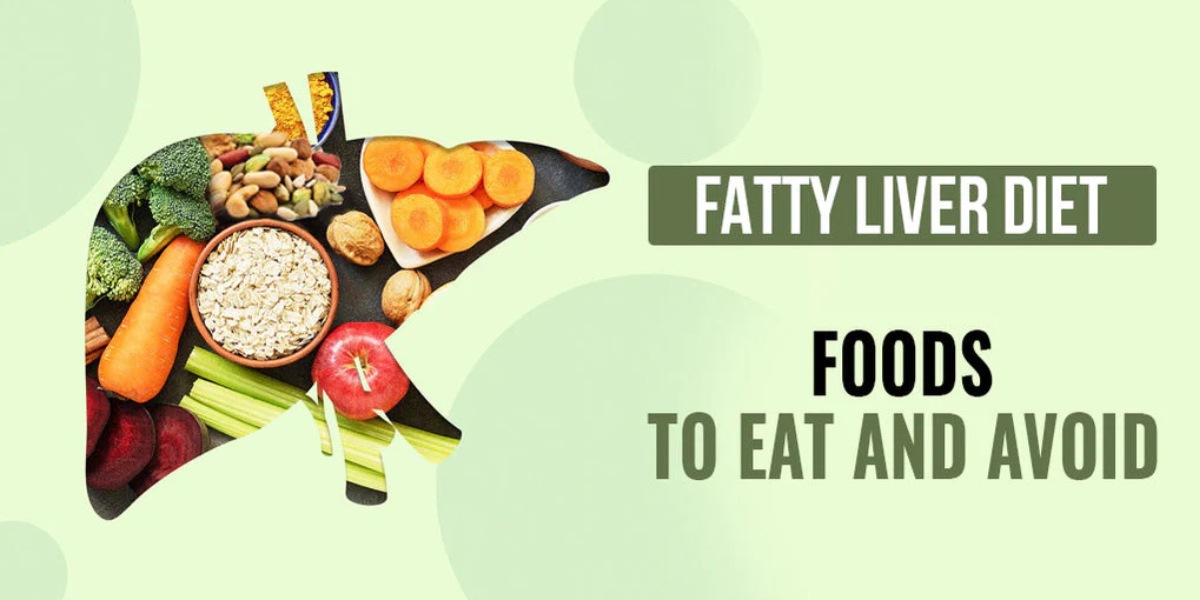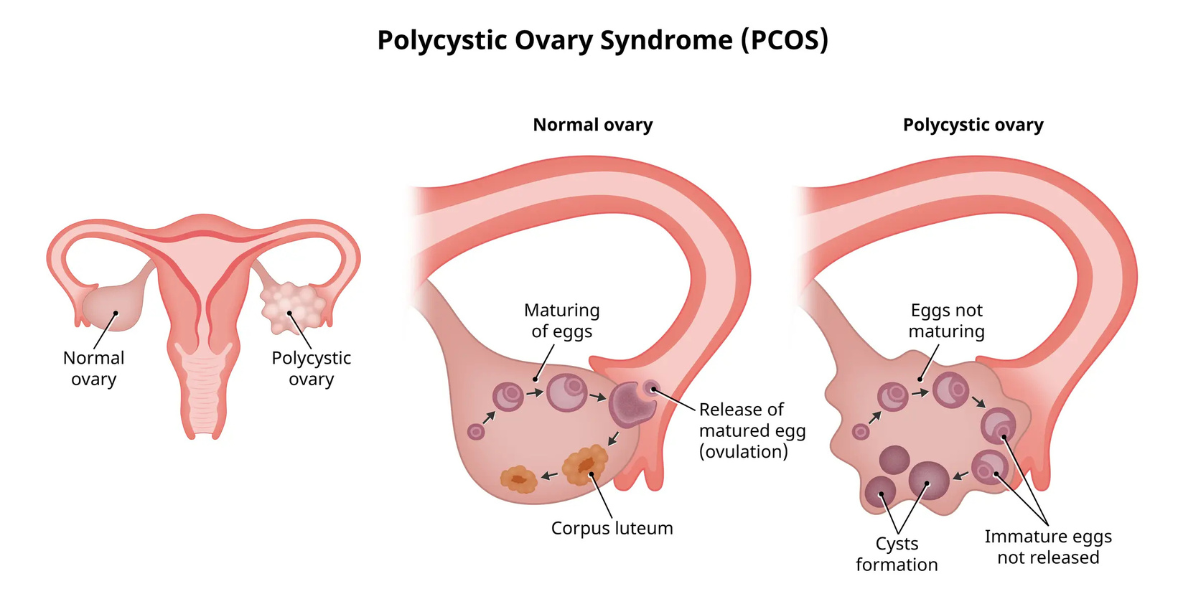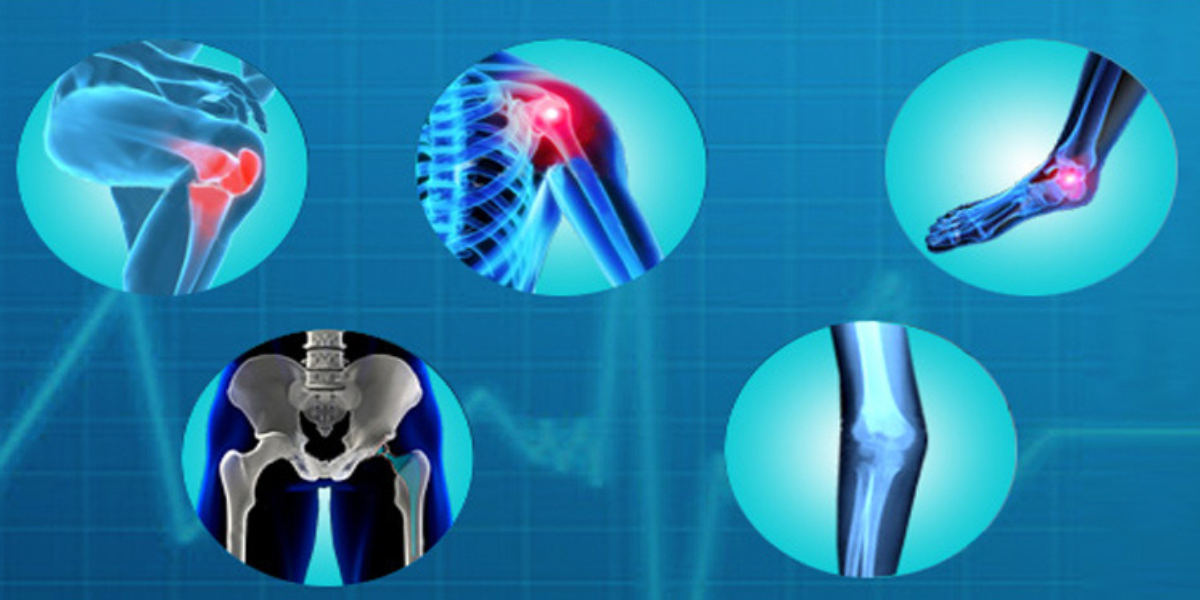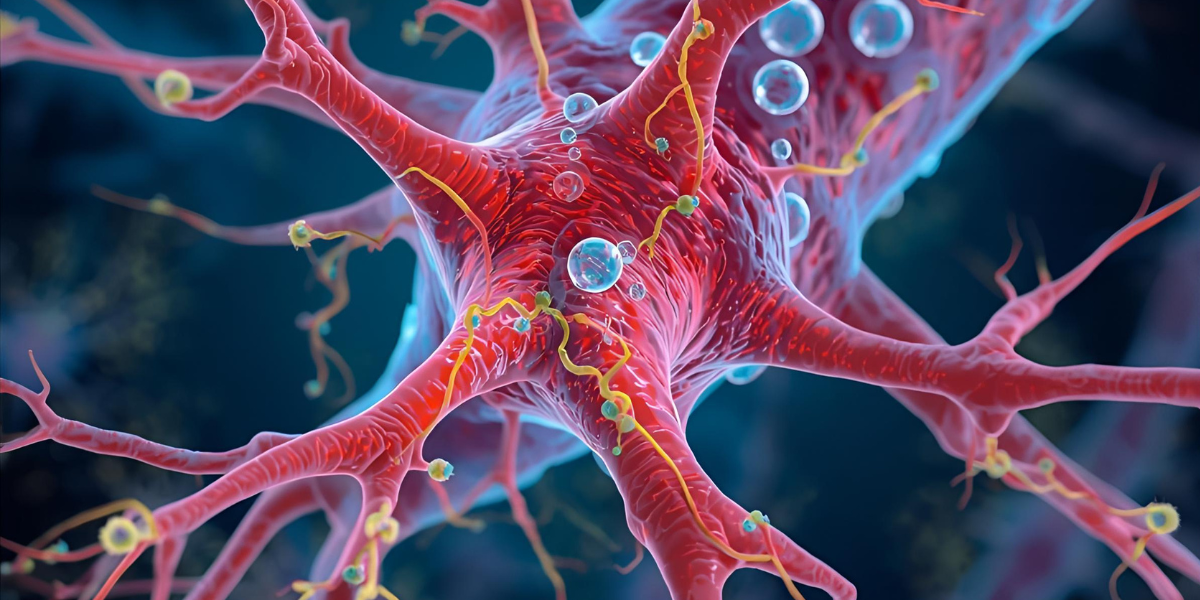
Unravelling the confusion between PCOD and PCOS and how natural supplements can help in its management
Introduction
Polycystic ovary syndrome (PCOS) and polycystic ovary disease (PCOD) are two terms often used interchangeably, causing confusion among many individuals. However, while they share similarities, there are distinct differences. In this blog, we will explore the nuances between PCOD and PCOS and delve into how natural supplements can play a role in their management.
Understanding PCOD and PCOS:
PCOD, or polycystic ovary disease, is a condition characterized by the presence of multiple cysts on the ovaries as it releases either immature or partially matured eggs. It primarily affects the reproductive system and can leads to irregular period, anovulation, and difficulty conceiving. The common symptoms of PCOD include male pattern hair loss, abdominal weight gain, irregular periods, and in some extreme cases, even infertility. On the other hand, PCOS, or polycystic ovary syndrome, encompasses not only the ovarian cysts but also hormonal imbalances, metabolic disturbances, and potential long-term health risks such as insulin resistance and cardiovascular complications. PCOS symptoms are common to those of PCOD.
Difference between PCOD and PCOS:
While PCOD is primarily an ovarian condition, PCOS is a more comprehensive syndrome affecting multiple body systems. PCOS is diagnosed when individuals present with at least two out of three key features:
Irregular period
Signs of excess androgen (e.g., acne, hirsutism)
Polycystic ovaries on ultrasound
PCOS is more problematic and less common than PCOD problem. According to a study conducted in Southern India and Maharashtra, about 9.13% of menstruating women in those regions suffer from PCOS, while 22.5% have PCOD.
Role of Natural Supplements in PCOD/PCOS management:
Inositol: Inositol, specifically myo-inositol and D-chiro-inositol, has been studied for its positive effects on insulin sensitivity, menstrual regularity, and ovarian function. It may help reduce androgen levels and improve fertility outcomes.
N-Pteroyl-l-Glutamic Acid: N-Pteroyl-l-Glutamic Acid, also known as folic acid or vitamin B9 helps to reduce the elevated homocysteine levels as well as helps in improving the vascular parameters.
Korean Red Ginseng: Korean Red Ginseng has been studied for its role in managing PCOS and found that it offers many benefits like insulin sensitivity, hormonal balance, menstrual regularity and antioxidant and anti-inflammatory effects.
Cinnamon: Cinnamon has been shown to improve insulin sensitivity and reduce insulin resistance, making it potentially beneficial for individuals with PCOD and PCOS who often have metabolic disturbances.
Omega-3 Fatty Acids: Omega-3 fatty acids, found in fish oil and flaxseed oil, have anti-inflammatory properties and may help alleviate symptoms associated with PCOD and PCOS, including irregular periods and hirsutism.
Conclusion:
Unraveling the confusion between PCOD and PCOS is crucial for understanding the distinct characteristics of each condition. While PCOD primarily involves ovarian cysts, PCOS encompasses hormonal imbalances and metabolic disturbances that impact multiple body systems. Natural supplements, when used in conjunction with lifestyle modifications, medical interventions, and regular monitoring, can play a supportive role in managing PCOD and PCOS symptoms. Remember, every person is unique, and a personalized approach is key to finding the most suitable management strategy for PCOD and PCOS.






